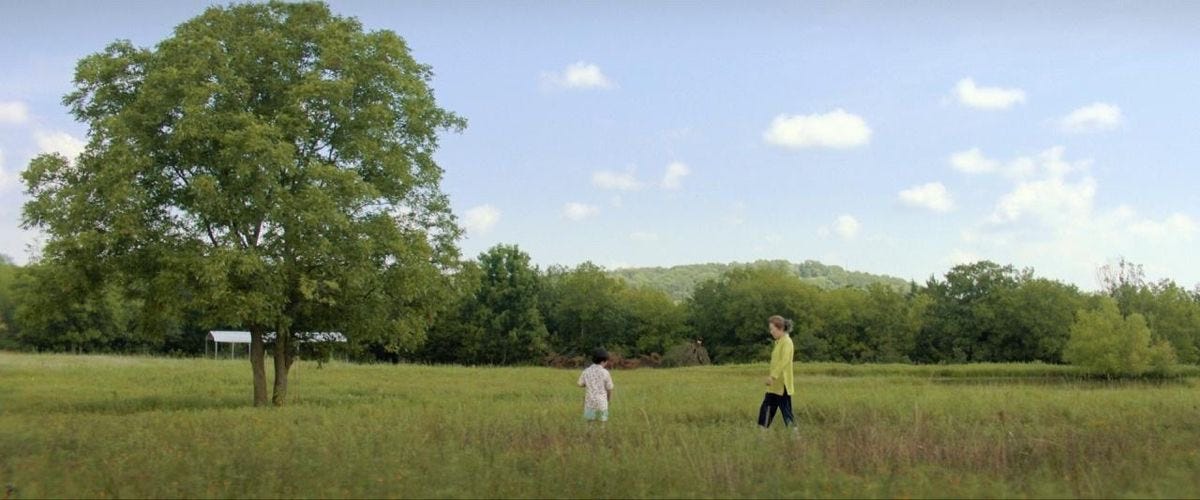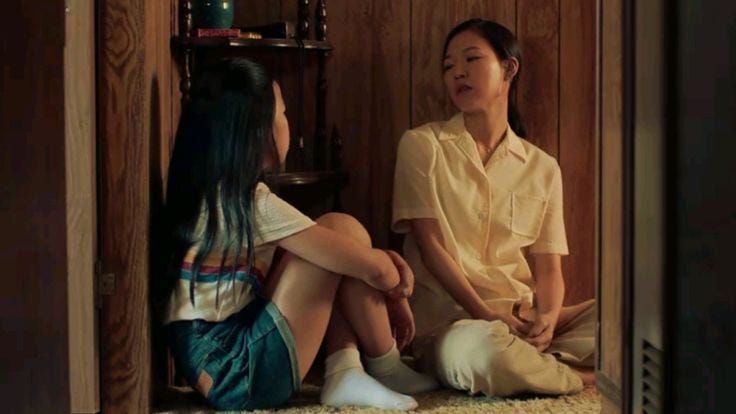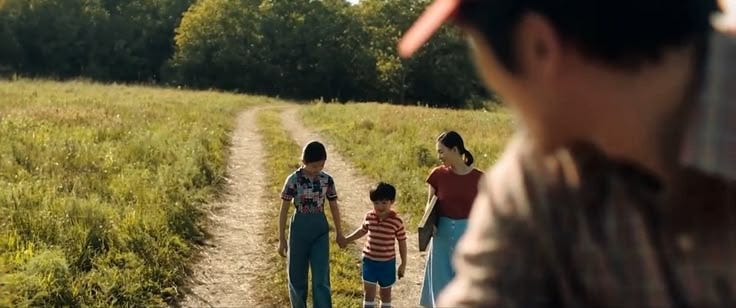I just finished watching Minari, and it’s stuck with me in ways I didn’t expect. On the surface it’s about a family moving to Arkansas to start a farm, but it’s so much more. It’s a meditation on identity, culture, and what it means to truly belong - especially when you’re caught between two worlds.
At the heart of the film is the grandma, who to me is the personification of minari itself - an archetype of the Korean roots that refuse to be assimilated or erased. She’s the non-assimilated Korean, the part of the immigrant experience that feels eccentric or “other” to the American eye but is absolutely vital. She embodies the Korean spirit, stubborn, nurturing, and thriving despite being surrounded by unfamiliar terrain.
Why minari? The plant is an effortless survivor. It grows naturally, even in places where American plants wouldn’t thrive. To me, minari symbolises the Korean people in unfamiliar lands… their culture, values, and essence that flourish not by force or assimilation, but by their own resilient nature.
Watching the family struggle to farm the American soil felt like a metaphor for the immigrant struggle itself; the difficult effort to fit in, to succeed by American standards, while the Korean roots beneath still pulse and grow in quiet, persistent ways. Assimilation feels like the easier path at first, but it’s agonizing and isolating. It’s sold as progress, but it risks severing us from what we’ve always known and from those we love.
The grandma’s desire to help her family despite her stroke, her stubborn refusal to leave, highlights that cultural preservation and family loyalty are not optional, but vital. The film contrasts this with the father, who represents American capitalism and ambition, and the mother, who holds Korean family values. The fire that destroys their farm feels like a cleansing, a moment that forces the family to choose what to hold on to. Do they pursue the American dream at the cost of their heritage, or do they find a way to reconcile both?
David’s running at the end is one of the most powerful moments for me. Despite the doctor’s warning to rest to protect his fragile heart, he chooses to run anyway. It’s a refusal to let go of his grandmother, his culture, and the Korean side of himself. His heart might be fragile, but it beats strongest when it’s connected to his roots.
David’s initial hesitation with his grandma speaks to the shame many immigrant children carry - a desire to fit in, to speak English, to escape stereotypes about their culture. He wants a “regular American grandma” and struggles to understand her at first. But through her, he reconnects with a part of himself he can’t and won’t abandon.
Minari tells us that the things worth fighting for are the people, love, and culture that ground us. It paints assimilation not as freedom, but as a painful loss. Cultural preservation isn’t the easier path, but it’s the one that nourishes us, that keeps us whole.
This film isn’t just about a Korean family in America; it’s about the universal immigrant experience and the unyielding strength of identity. It’s a reminder that no matter how foreign the soil, minari grows and so do we.









this is a beautiful review ❤️ minari has been on my watch list for a while but reading this piece might’ve bumped it up a little for me
This line, “To me, minari symbolises the Korean people in unfamiliar lands… their culture, values, and essence that flourish not by force or assimilation, but by their own resilient nature” touched me deeply as a Korean person. Thanks so much for your thoughtful review! I loved Minari as well.
Hope we can support each other going forward!